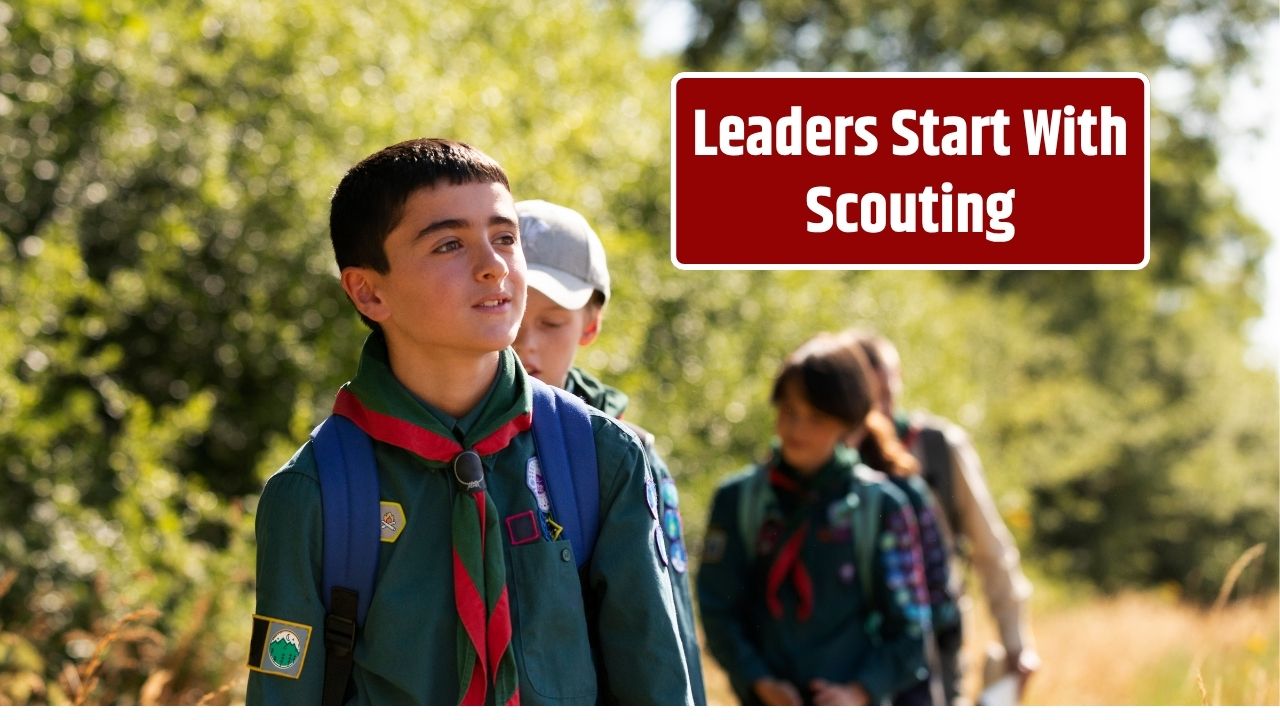Scouting has long been recognized as more than just an extracurricular activity—it’s a structured, values-based program that helps shape young people into responsible, capable, and community-minded adults. Whether it’s through earning merit badges, volunteering, or learning survival skills, Scouting builds a strong foundation for leadership that can last a lifetime.
Scouting Teaches Core Leadership Values
At the heart of Scouting is a commitment to integrity, service, and responsibility. The Scout Law and Scout Oath emphasize trustworthiness, loyalty, helpfulness, and courage—qualities essential to effective leadership in any setting, from classrooms to boardrooms.
By consistently practicing these values, Scouts internalize a moral compass that guides their actions well into adulthood.
Encourages Initiative and Problem-Solving
Scouts are often placed in real-world scenarios that demand critical thinking and action. Whether planning a community service project, navigating the wilderness, or managing team dynamics during group activities, they learn to make decisions under pressure and take responsibility for outcomes.
This hands-on experience nurtures initiative and fosters a proactive mindset—key traits of future leaders.
Builds Communication and Teamwork Skills
Leadership isn’t just about giving orders—it’s about listening, collaborating, and motivating others. Through patrol systems and group tasks, Scouts must communicate effectively with peers, delegate responsibilities, and mediate conflicts.
By working as part of a team, they develop empathy, cooperation, and the ability to inspire those around them—skills that translate directly to the workplace and civic life.
Promotes Goal-Setting and Achievement
Merit badges and rank advancements are more than just symbols—they’re milestones that require commitment, planning, and execution. Scouts learn how to set goals, work through challenges, and celebrate accomplishments.
This goal-oriented approach helps build confidence and resilience, preparing young people to tackle larger goals in education, career, and life.
Inspires Community Involvement and Service
One of Scouting’s pillars is service. Scouts are regularly involved in volunteer efforts—from environmental cleanups to food drives to civic engagement. These experiences cultivate a sense of duty, compassion, and social responsibility.
Scouts grow into adults who not only care about their communities but actively seek to improve them—a defining trait of impactful leaders.
Adapts to a Changing World
Modern Scouting isn’t stuck in the past. Programs now include STEM activities, digital literacy, and mental wellness initiatives. This forward-looking approach ensures that Scouts are equipped with contemporary knowledge and tools to lead in an increasingly complex and connected world.
FAQs
What age can children join Scouting?
Most Scouting programs begin around age 6, with various levels continuing into the late teens.
Is Scouting just for boys?
No. Many countries, including the U.S. and Canada, offer co-ed Scouting or separate programs for girls and boys.
Does Scouting really help with college or job applications?
Absolutely. Leadership roles, merit badges, and community service can enhance applications and demonstrate initiative and character.
What’s the difference between Scouting and other youth programs?
Scouting uniquely combines outdoor adventure, skill development, leadership training, and service in a structured, values-based system.






